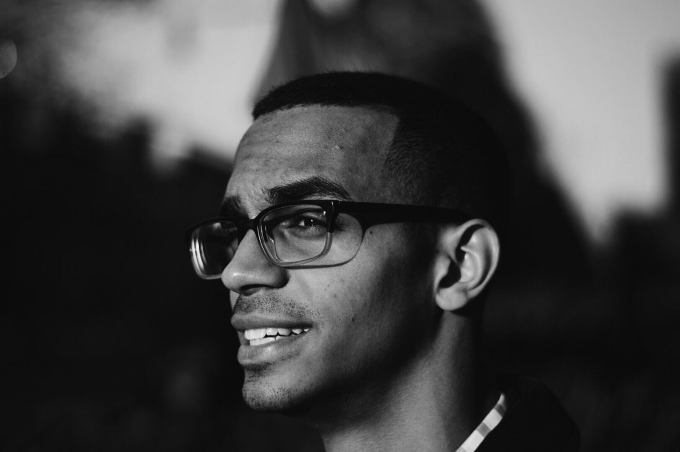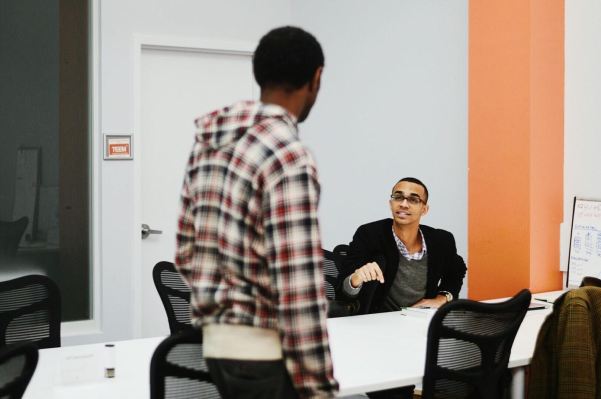John Henry, the 22-year-old founder of accelerator program Cofound Harlem, has announced Cofound Ventures, Harlem’s first venture capital fund. Cofound Ventures, which will officially launch next year, is looking to raise a total of $8 million, with $3 million going toward running the nine-month accelerator and funding startup stipends, and $5 million toward further funding Cofound Harlem startups.
“Harlem has never had a fund,” Henry, who sold his on-demand laundry startup in less than two years, told TechCrunch. “It’s a very special town. There’s a lot of recent development with Columbia expanding, and it’s the perfect time to put up the first fund.”
All of New York City’s VC firms are located below Central Park, according to the Wall Street Journal’s 2011 VC mapping project (see modified version below). The majority operate in midtown Manhattan, with several recently opening up shop in Chelsea, Soho and the Flatiron District. Cofound Ventures, on the other hand, operates in East Harlem on 5th Ave and East 118th St.
Each company that goes through Cofound Harlem’s accelerator will receive up to $100,000 in additional funding through Cofound Ventures. With Cofound Harlem, the goal is to fuel the creation of at least 100 new businesses in Harlem in the next five years. Cofound Harlem offers startups an initial $50,000 stipend, free office space and mentorship. The accelerator doesn’t take any equity from its cohort of startups, but instead requires each startup to commit to operating in Harlem — where the unemployment rate is twice the national average — for at least four years.
Through Cofound Harlem, Henry projects the creation of at least 800 additional high-paying jobs in Harlem in the next four years. Companies are also required to host educational, informative workshops for the community free of charge throughout their nine-month stay.

John Henry, founder at Cofound Harlem and Cofound Ventures
Cofound Harlem’s first class, which started this spring, has just four startups. On one end of the spectrum, Henry said, one of the startups failed. But, on the other end of the spectrum, one of the companies, music collaboration platform Bandhub, recently closed a $500,000 seed round. Of the 12 entrepreneurs in Cofound Harlem’s first cohort, 75 percent of the founders are minorities.
Cofound Harlem isn’t deliberately on the hunt for diverse entrepreneurs, but “it would be an understatement to say we just so happened to get a diverse pool,” Henry said. Cofound has strategically partnered with schools and organizations that are representative of Harlem’s community, such as Stella and Charles Guttman Community College, Fordham University and Silicon Harlem, to source talent from them.
In Central Harlem (NY community district 10), African-Americans make up 65 percent of the population, according to a survey of New York City data from 2010-2012. In community district 11, which includes Harlem and East Harlem, blacks make up 34.8 percent of the population, whites make up 28.9 percent of the population and “some other race” makes up 24.7 percent of the population.
“In terms of what we’re looking for going forward, there is no, say, direct criteria that you have to be underrepresented to be admitted, although we definitely have it in mind,” Henry said. “My goal is to keep this 75 percent for the duration of the cohort. If you consider for a moment that everyone who went through the program was white, I don’t think it would have a meaningful impact.”
Cofound Harlem is hosting its first demo day in February, and is currently accepting applications for its second batch of startups.
